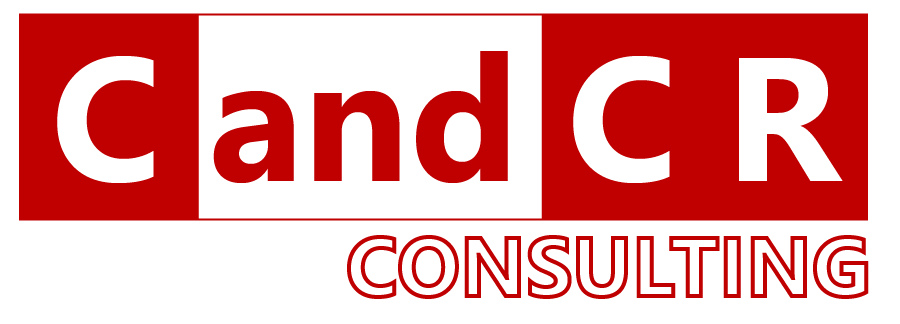Business Development

C and CR Consulting help businesses of all sizes and sectors achieve their aims and aspirations with open and honest Business Development advice and guidance.
Are you a business owner or manager, with a passion and desire to grow and develop your business? C and CR Consulting‘s Business Development team can help you take your business forward to success. We can provide expert coaching and mentoring so that you and your business can perform to its true potential…
Business coaching and mentoring programme allows you to share your business goals and dilemmas with someone who has the expertise to help crystallise your issues, formulate solutions, and implement success strategies. The outcome for the business is growth, profitability and success – and for you, reassurance, advice and support, together with personal coaching, mentoring and advice.

